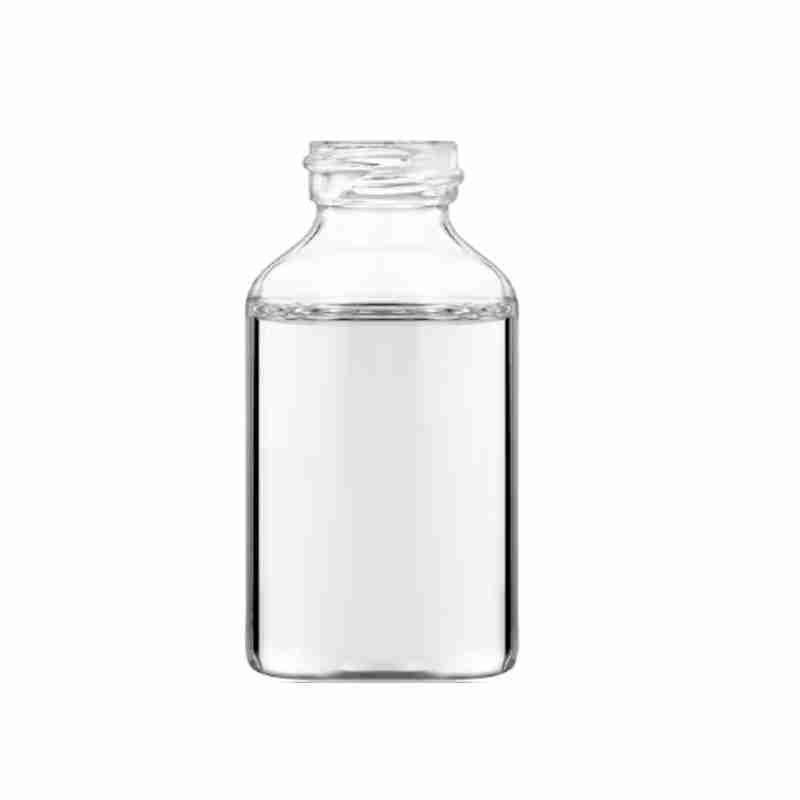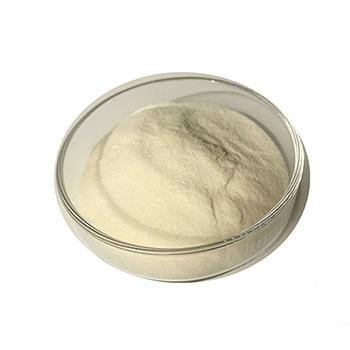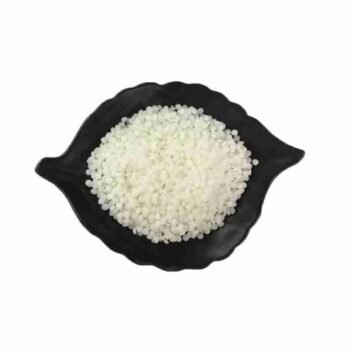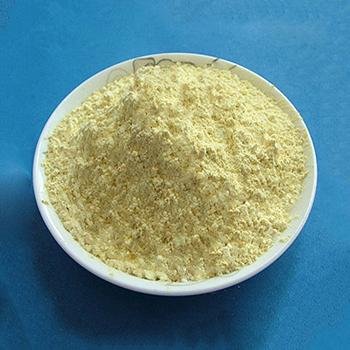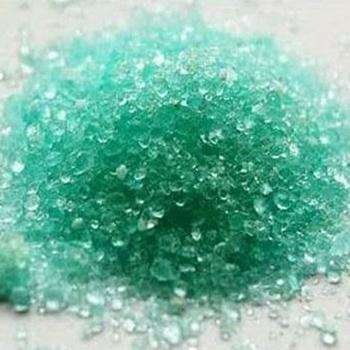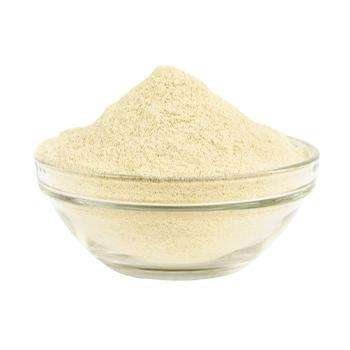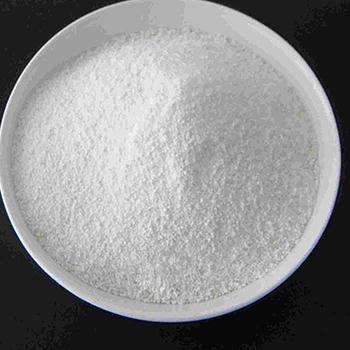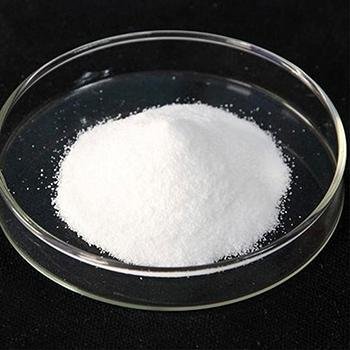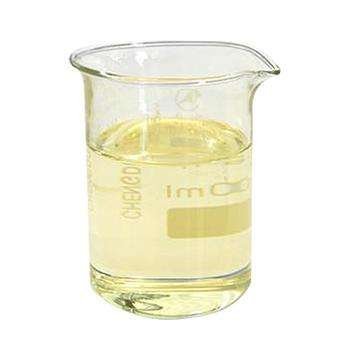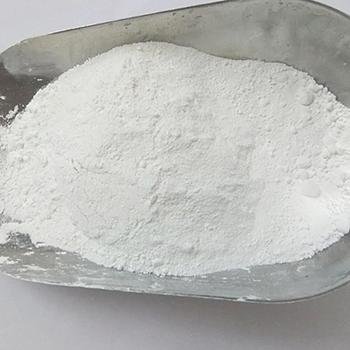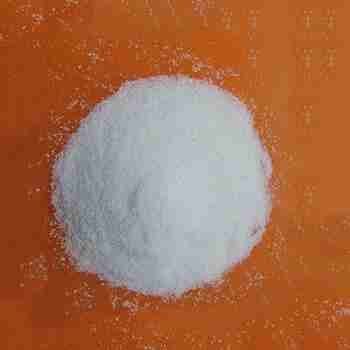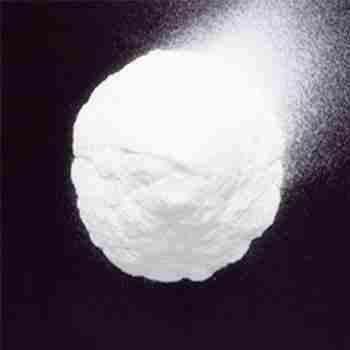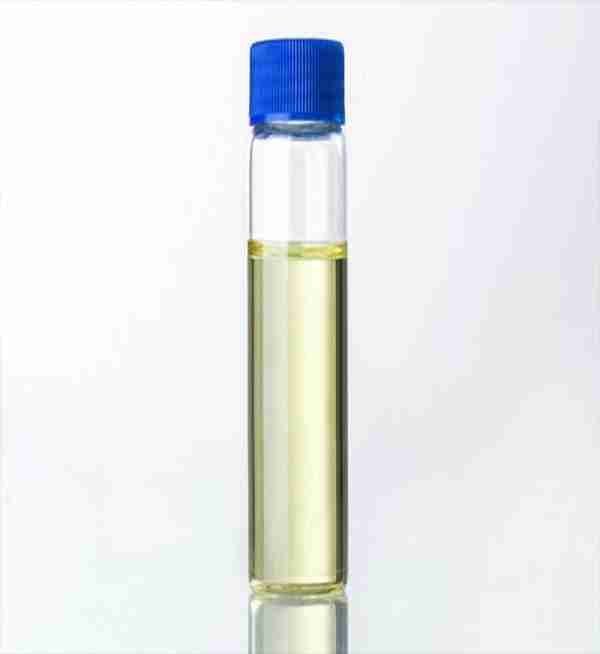Abscisic Acid CAS #21293-29-8
S-Abscisic Acid (ABA) is a plant hormone, also known as Abscisic acid, named after it was originally thought to promote plant leaf abscission. It plays a role in multiple developmental stages of plants. , in addition to promoting leaf shedding, there are other effects, such as inhibiting growth, promoting dormancy, promoting the formation of potato tubers and plant stress resistance.
In fact, abscisic acid is only found in a small number of plants in promoting leaf abscission. abscisic acid can also be synthesized in some phytopathogenic fungi, but it is different from the synthesis pathway in plants. At present, the production of high-purity abscisic acid has been successfully produced by fermentation of Botrytis cinerea on a large scale. Products, and are widely used in agricultural production, disaster prevention and mitigation, ecological vegetation construction, afforestation, urban landscaping and other fields.
发送询盘
Abscisic Acid CAS #21293-29-8
| (+)-Abscisic acid Basic information |
| Product Name: | (+)-Abscisic acid |
| Synonyms: | (ABA)ABSCISIC ACID >98%;(+)-Abscisic acid;ABA, Dormin, (S)-5-(1-Hydroxy-2,6,6-trimethyl-4-oxo-2-cyclohexen-1-yl)-3-methyl-(2Z,4E)-pentadienoic acid;S-(+)-ABA;(S)-(+)-ABSCISIC ACID;[S]-5-[1-HYDROXY-2,6,6-TRIMETHYL-4-OXOCYCLOHEX-2-EN-1-YL]-3-METHYL-[2Z,4E]-PENTADIENOIC ACID;(+)-abscisinii;(+)-cis-abscisicacid |
| CAS: | 21293-29-8 |
| MF: | C15H20O4 |
| MW: | 264.32 |
| EINECS: | 244-319-5 |
| Product Categories: | plantgrowth;Agro-Products;Sesqui-Terpenoids;Plant Hormones;Chiral Reagents;Biochemistry;Plant Growth Regulators;Plant Growth Trgulators (Others);Pharmaceutical Raw Materials;Inhibitors;Plant Growth regulator;21293-29-8 |
| Mol File: | 21293-29-8.mol |
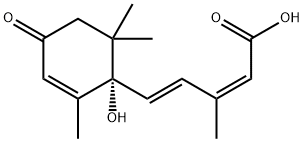 |
|
| (+)-Abscisic acid Chemical Properties |
| Melting point | 188 ??C |
| alpha | D20 +411.1?? (c = 1 in ethanol); D20 +426.5?? (c = 1 in 0.005N methanolic H2SO4) |
| Boiling point | 327.55??C (rough estimate) |
| density | 1.0583 (rough estimate) |
| refractive index | 410 ?? (C=0.2, EtOH) |
| storage temp. | 2-8??C |
| solubility | Chloroform (Slightly), Ethanol (Sparingly), Methanol (Slightly) |
| pka | 4.87??0.33(Predicted) |
| form | Off-white powder |
| color | White to Pale Yellow |
| optical activity | [??]/D 415??10??, c = 0.1 in ethanol |
| Merck | 14,11 |
| BRN | 2698956 |
| Stability: | Light Sensitive |
| InChIKey | JLIDBLDQVAYHNE-WEYXYWBQSA-N |
| LogP | 1.896 (est) |
| CAS DataBase Reference | 21293-29-8(CAS DataBase Reference) |
| EPA Substance Registry System | 2,4-Pentadienoic acid, 5-[(1S)-1-hydroxy-2,6,6-trimethyl-4-oxo-2-cyclohexen-1-yl]-3-methyl-, (2Z,4E)- (21293-29-8) |
- 2
- 2-diallylpent-4-en-1-amine
- 4
- 95-16-9
- Ammonium sulfamate
- Benzothiazole
- cas:67889-00-3ح2
- cas:83524-75-8 | pigment black 32
- cas:928836-00-4 | 2
- cas:932745-70-5 | 4
- Chemical Minerals
- Coconut diethanolamide
- Daily Chemicals
- discount
- for sale
- General pvc resin
- hexyl D-glucoside
- in stock
- Lauramidopropyl betaine
- LAURIC ACID MONOETHANOLAMIDE
- Petroleum Additives
- Plasticiser
- Ploymers
- price
- PVC
- quotation
- Raw Materal
- Remove term: Petroleum Additives Petroleum Additive
- SODIUM ETHYL 2-SULFOLAURATE
Related Products
Chemical Name: Quercetin-3-O-sophoroside
CAS No.: 18609-17-1
Molecular Formula: C27H30O17
Molecular Weight: 626.52
Tetraacetylethylenediamine is a fully acetylated derivative of ethylenediamine, offering a high reactivity as an intermediate in organic synthesis. Its unique structure makes it a critical component in the production of specialty chemicals and pharmaceuticals, ensuring a wide range of applications in the chemical industry.
Product name:HYDROXYPROPYL GUAR HYDROXYPROPYLTRIMONIUM CHLORIDE
Purity:99%
Appearance:Light Yellow Powder
Package:Customized according to customer needs.
Sample:Available
3,4-Ethylenedioxythiophene is a synthetic organic compound characterized by its unique structure that includes a thiophene ring with ethylenedioxy substituents at the 3 and 4 positions. This compound is known for its potential applications in the synthesis of various organic materials, including pharmaceuticals and organic electronic devices such as sensors and solar cells. Its stability and reactivity make it a versatile intermediate in the chemical industry.
Chemical Name: Ammonium Iron(II) Sulfate
Synonyms: Diammonium iron bis(sulphate); iron (ii) ammonium sulfate
CAS No.: 10045-89-3
Molecular Formula: FeH5NO4S
Molecular Weight: 170.95
Polyhexamethylene guanidine hydrochloride, often abbreviated as PHMG-HCl, is a high molecular weight polymeric biguanide compound known for its potent antimicrobial properties. With a chemical structure that features a long chain of methylene groups bridged by guanidine units, PHMG-HCl is effective against a broad spectrum of microorganisms, including bacteria, viruses, and fungi.
This hydrochloride salt form of PHMG is highly soluble in water and is commonly used in various applications due to its non-irritant and non-toxic nature to human skin and mucous membranes. It is widely recognized for its ability to form a colorless and odorless solution, making it an ideal choice for use in personal care products, medical disinfectants, and water treatment processes.
The versatility of PHMG-HCl lies in its cationic nature, which allows it to bind to negatively charged microbial cell walls, disrupting their integrity and leading to cell death. This mechanism of action contributes to its effectiveness as a preservative and disinfectant. Moreover, its substantivity, or the ability to adhere to surfaces, enhances its long-lasting antimicrobial activity.
In summary, Polyhexamethylene guanidine hydrochloride is a reliable and efficient antimicrobial agent, pivotal in industries where hygiene and cleanliness are paramount, offering a safe and sustainable solution for microbial control.
Chemical Name: Arabic gum
CAS No.: 9000-01-5
Appearance: powder
Chemical Name: Dehydrocholic acid
Synonyms: Acide dehydrocholique; Triketocholanic acid
CAS No.: 81-23-2
Molecular Formula: C24H34O5
Molecular Weight: 402.53
Appearance: Powder
Chemical Name: UV-120
Other Name: (2’,4’-Di-tert-butylphenyl 3,5-di-tert-butyl-4-hydroxybenzoate)
CAS No.: 4221-80-1
Molecular Fomula: C29H42O3
Molecular weight: 438.66
Assay: ≥99%(LC)
Octocrylene is an organic compound widely recognized for its potent UV-filtering properties, making it an essential ingredient in sunscreens and other skincare products designed to protect the skin from harmful ultraviolet radiation. With the chemical name 2-(4-Methylbenzyl)-2H-benzotriazole-5-methyl, octocrylene is a stable and photostable molecule that provides broad-spectrum protection against both UVA and UVB rays.
This oil-soluble chemical is valued for its ability to absorb UV radiation effectively, converting it into heat without causing skin irritation or staining clothes. Octocrylene is often used in combination with other UV filters to enhance the sun protection factor (SPF) of formulations, ensuring a balanced and comprehensive defense against sun damage.
As a lipophilic compound, octocrylene is compatible with various cosmetic and dermatological formulations, contributing to the development of lightweight, non-greasy sunscreens. Its chemical structure allows for a high degree of safety and efficacy, making it suitable for a wide range of skin types, including sensitive skin.
In summary, octocrylene is a reliable and efficient UV filter, pivotal in the formulation of modern sunscreens that offer advanced protection against the sun’s harmful effects while maintaining skin comfort and product aesthetics.
Chemical Name: Potassium Castorate
CAS No.: 8013-05-6
Molecular Formula: C57H107K3O12
Molecular Weight: 1101.74718
Appearance: Yellow Liquid
Product name:Cyclopentane
Purity:96%
Appearance:White powder
Package:25kg/bag
Sample:Available


